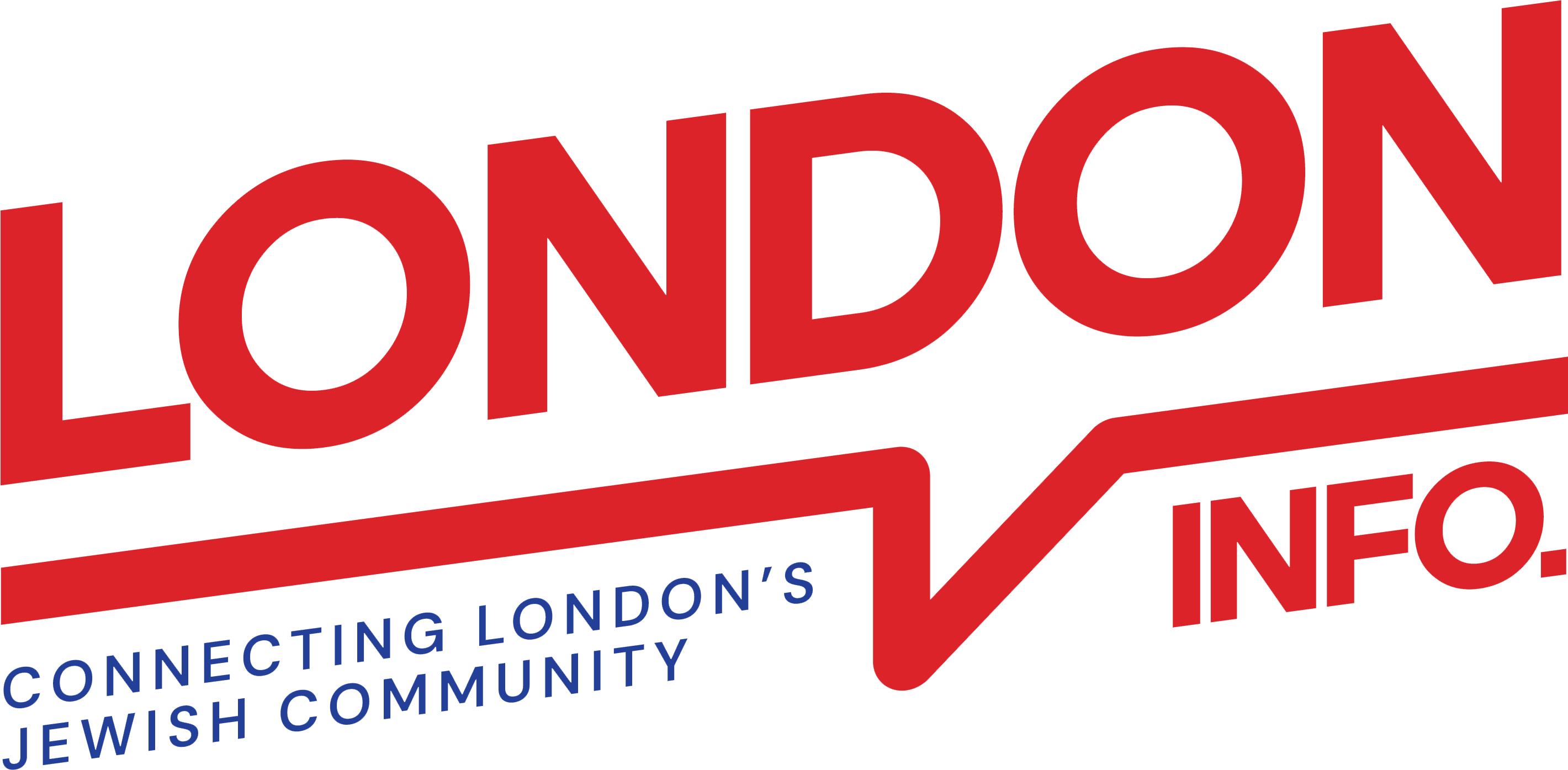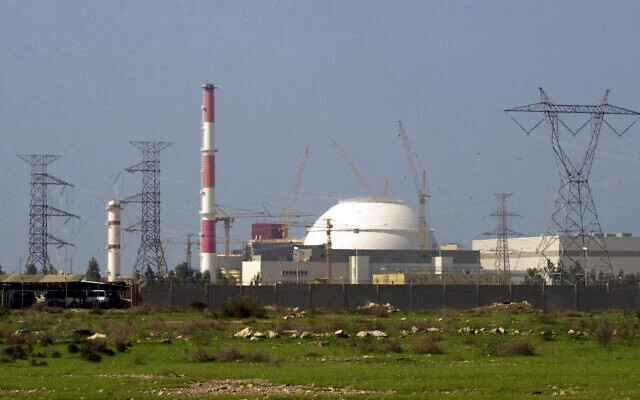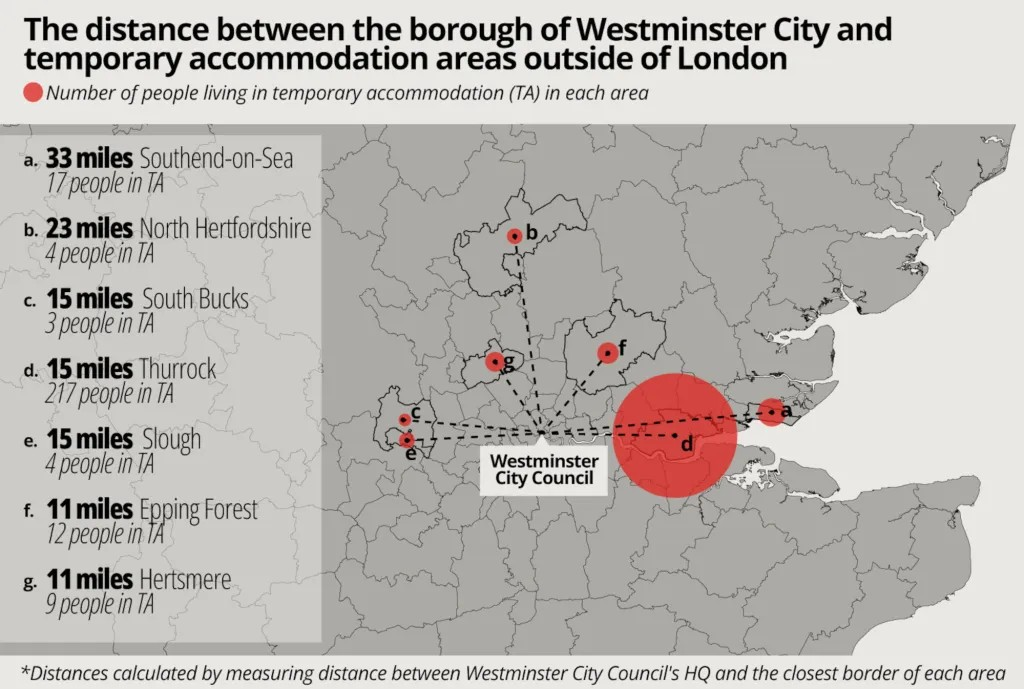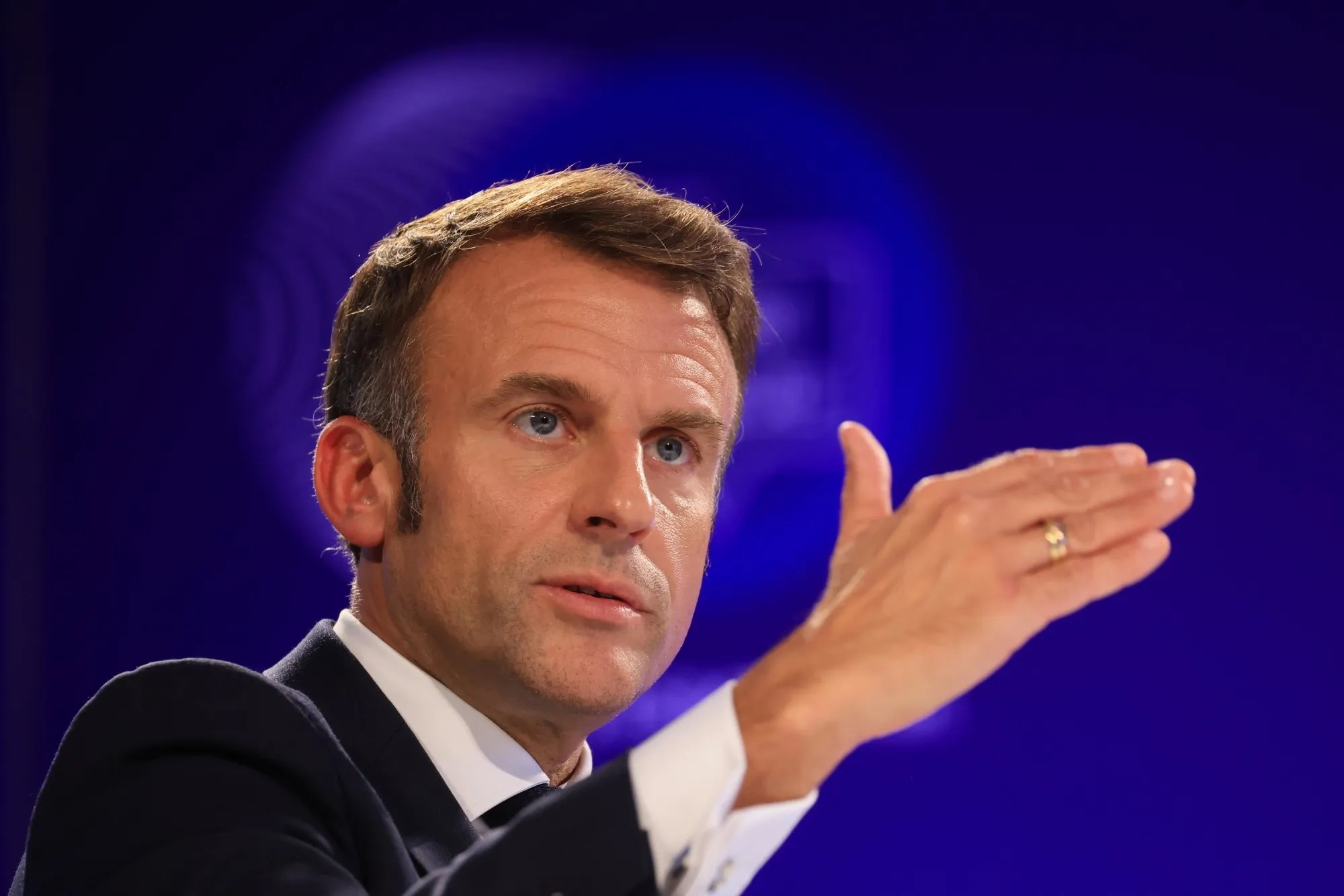Britain, France, and Germany have accused Iran of amassing an unprecedented stockpile of highly enriched uranium, warning that it poses a serious proliferation risk. The three nations, collectively known as the E3, issued a statement urging Iran to “reverse its nuclear escalation,” describing the enrichment as lacking “credible civilian justification.”
The International Atomic Energy Agency (IAEA) reported that Iran has enriched uranium to 60% purity, a level approaching the 90% required for nuclear weapons. The agency also noted that Iran is the only non-nuclear weapons state to possess such material.
The E3 highlighted Iran’s growing stockpile and the installation of advanced centrifuges, which would allow for the rapid production of fissile material for multiple nuclear weapons. These developments, the statement said, undermine the nuclear agreement that Tehran claims to support.
Iran maintains that its nuclear activities are intended for civilian purposes and denies pursuing nuclear weapons. However, the IAEA and US intelligence agencies have long held that Iran operated a military nuclear programme until 2003, with evidence suggesting further progress beyond civilian requirements.
Israel, viewing Iran as a direct threat, accuses Tehran of continuing its covert nuclear weapons programme. In the past year, Iran has launched two large-scale missile attacks against Israel, prompting retaliatory strikes on critical Iranian military facilities. These confrontations have occurred amid rising tensions driven by Iranian-backed militant groups intensifying their aggression against Israel.
The E3, alongside international partners, remains committed to curbing Iran’s nuclear ambitions and preserving regional stability as Tehran’s enrichment activities raise global alarm.




